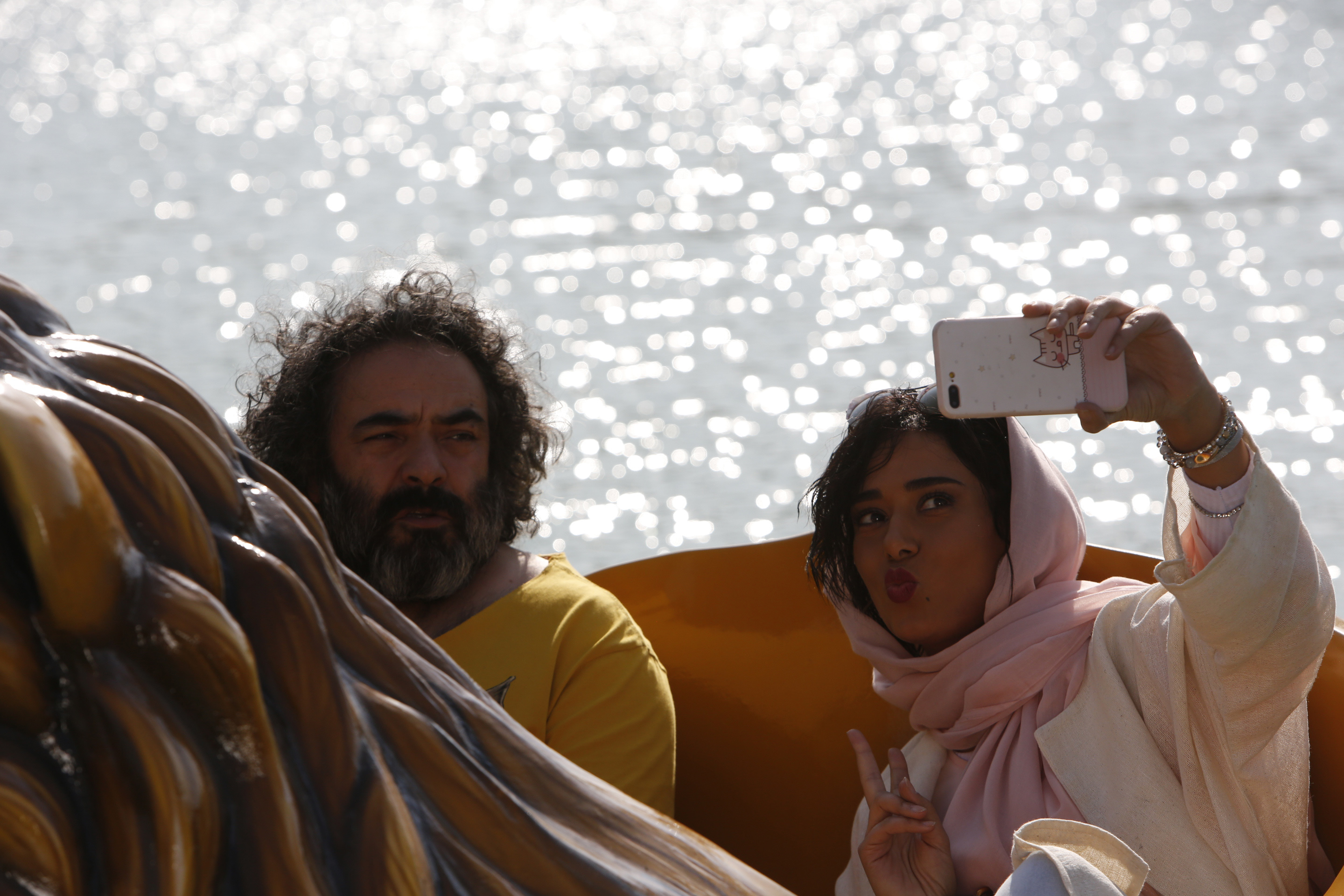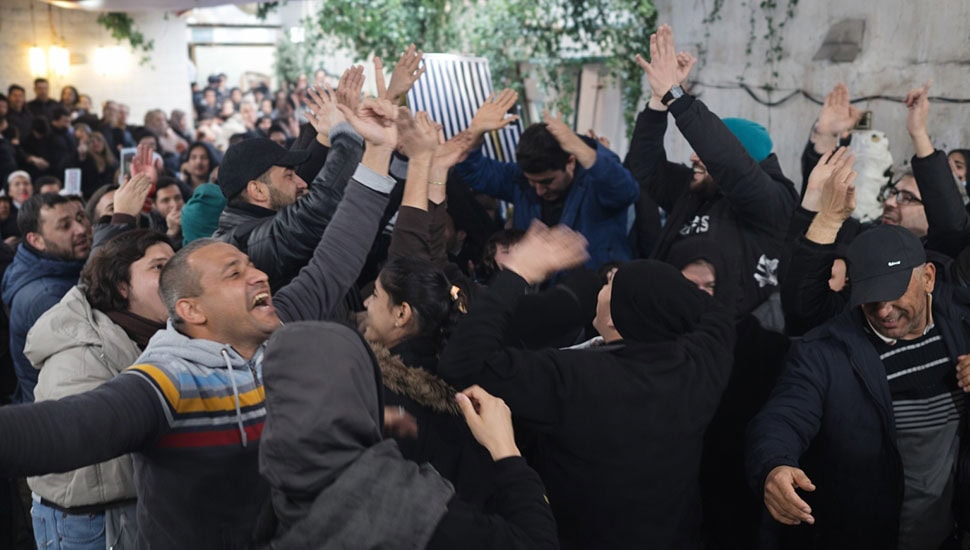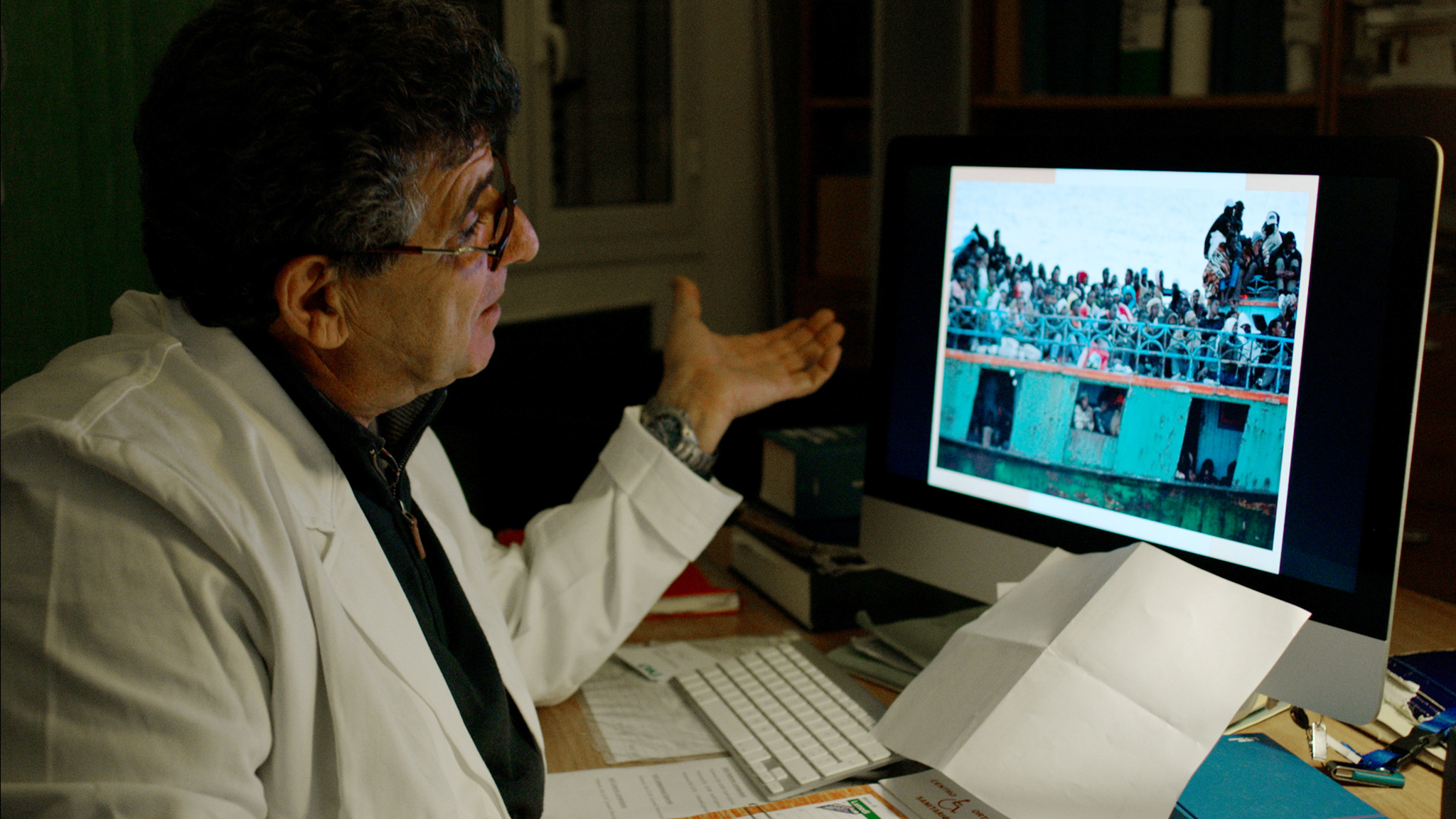
A short note on «Fire At Sea» ,
screened at Toronto International Film Festival (TIFF)
Name: Fire At Sea
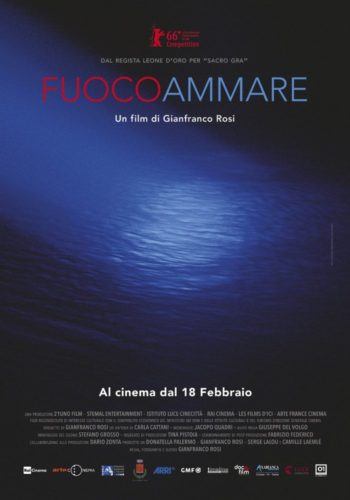
Original Name: Fuocoammare
Director: Gianfranco Rosi
Country: Italy, France
Language: Italian
Time: 108 Minutes
Screening: Canadian Premiere
Starring: Samuele Pucillo, Mattias Cucina, Samuele Caruana, Pietro Bartolo, Giuseppe Fragapane, Maria Signorello, Francesco Paterna, Francesco Mannino, Maria Costa
Synopses: Capturing life on the Italian island of Lampedusa, a front line in the European migrant crisis.

Film Journalist based in Berlin , Germany
Take 6
Fire at Sea (Italian: Fuocoammare) is the documentary film by Gianfranco Rosi that won the Golden Bear at the 66th Berlin International Film Festival this year. It follows the director, cinematographer, producer and screenwriter’s Golden Lion award for Sacro GRA at the 70th Venice International Film Festival in 2013. Fire at Sea focuses on the European migrant crisis on the Sicilian island of Lampedusa and is also an empathetic film for Rosi because he was born in Asmara, Eritrea during the Eritrean War of Independence in 1964 and evacuated at just 13 years old to Italy on a military plane, leaving his parents behind.
After living in Rome and Istanbul, Rosi moved to New York aged 20 to attend the University Film School and formed the foundation for his successful documentary film career. His 1993 debut, Boatman, screened at various international film festivals, including Sundance, Locarno, Toronto and the Amsterdam International Documentary Film Festival. After directing Afterwords in 2001, his 2008 film Below Sea Level won the Orizzonti Doc Award at the 65th Venice International Film Festival.

Fire at Sea was shot during the European migrant crisis and juxtaposes the migrants’ traumatic and uncertain Mediterranean crossing with the everyday life of the islanders. Lampedusa has become the most symbolic border of Europe because it has been crossed by thousands of migrants in the last 20 years. Rosi went to Lampedusa in the fall of 2014 with the original intention of shooting a 10-minute film that would illustrate a different picture of Lampedusa to a seemingly ignorant majority of Europeans regarding the migrant crisis, admitting that he himself was complicit in that viewpoint.
Once on Lampedusa, however, he encountered a different reality from that shown by the media and that it would be impossible to compress what was really taking place there into a short film. He rented a little house in the old port there and began to shoot the story of this tragedy as seen through the eyes of selected island “protagonists” and how they had been affected by the many profound changes over the past 20 years. Rosi stayed for a year, weathering the long winter and the sea-going months, discovering the migrant flood in the process.
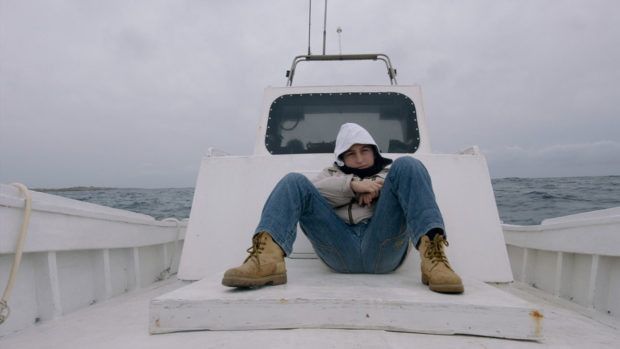
During the filming of Fire at Sea Rosi came to understand that the media only rush to Lampedusa when there is an emergency but, in reality, every day is an emergency and that the islanders were accustomed to this tragedy for 20 years. Also, migrants are no longer seen on Lampedusa because of sea rescue operations which mean they pass through like ghosts, offloaded on a wharf in the old port then taken to the detention center for assistance and identification.
Thanks to a permit obtained from the Sicilian authorities, Rosi was able to film inside the detention center, a sub-world sealed off from the daily life of the island, attempting to convey a sense not only of truth and reality but also of the humanity within. The migrants would finally be dispatched to the mainland a few days later. However, the “border” had since moved from Lampedusa itself and out to sea. With permission to board an Italian naval vessel operating off the African coast Rosi spent about a month on the Cigala Fulgosi for two missions and soon learned more human tragedies.
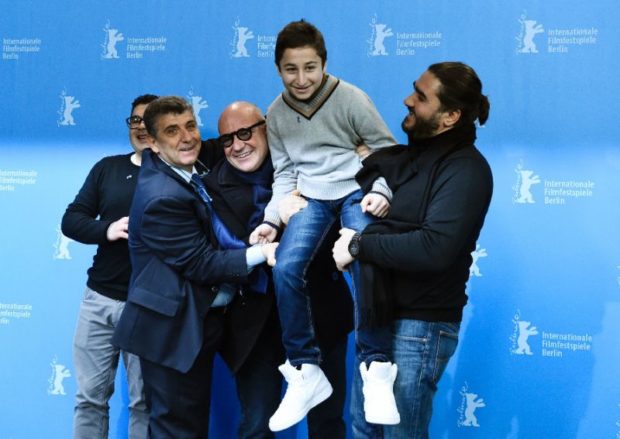
The natives of the island include a nine-year-old boy from a local fishing family called Samuele who, after school, likes to shoot his slingshot and to go hunting while absorbing the chaos of men, women and children who try to cross the sea to his island. The director claims Samuele gave him a greater freedom and clarity, and gradually led him to other characters in the film. Dr. Pietro Bartolo was the catalyst for the documentary being expanded into a feature after Rosi went to the local emergency room with bronchitis and discovered that he was the only doctor on the island and had been present at every landing of rescued migrants for 30 years.
He is also responsible for the tough choices of who is sent to the hospital, who goes to the detention center, and who is deceased. Without knowing who Rosi was, Dr. Bartolo detailed his experiences in medical and humanitarian emergencies that had a deep effect on the director. Peppino, a guardian angel of the island, was another important chance meeting for Rosi and later became his assistant director. Through Peppino, the director gradually came into contact with more islanders and came to understand their daily lives and the way they see things.
In his acceptance speech for the Golden Bear at Berlin, Rosi stated that his intention was to heighten awareness of the migrant situation, saying, “It’s not acceptable that people die crossing the sea to escape from tragedies.”
#TIFF2016 #TIFF #TIFF16 #TITREMAG #POOYANTABA
#pooyanTIFF16



